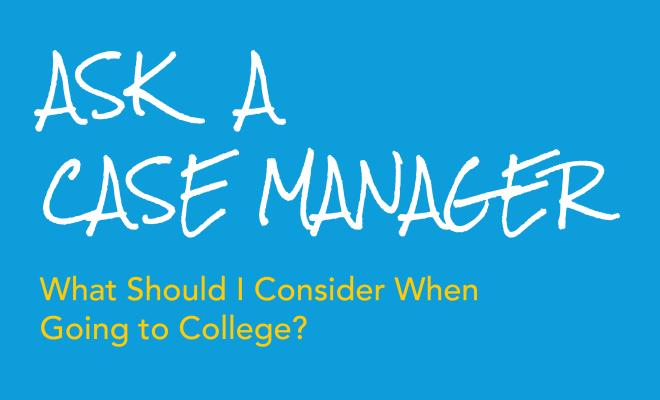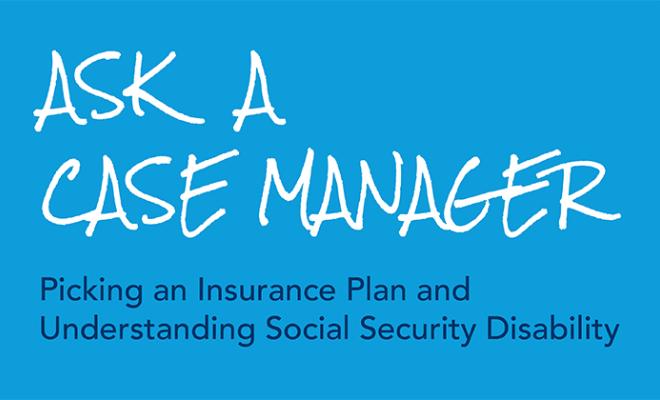The transition from high school to college is seen as a special milestone by many. Since some individuals often choose to move away from home to live in on-campus housing, college life can mark the beginning of living and managing cystic fibrosis as an independent adult. If you are planning for college, you will need to balance your academic, health, and social life delicately and take some things into consideration when planning for that transition.
Access to Care
- Care Centers: Gather information early. You should meet with your current care center team and update them on the transition. If the college is a considerable distance, you may have to transfer your care to another clinic.
- Campus Pharmacists: Familiarize yourself with the campus pharmacy. If an extenuating circumstance arises, it can be arranged to have your CF medications shipped to the campus pharmacy.
- Insurance: Review health coverage benefits to see what options would best suit you. If you are under the age of 26, you should still qualify to remain on a parent's insurance. You may also be eligible for Marketplace insurance, Medicaid, or Student Health Insurance Plans. Whatever plan you decide to go with, confirm that your care center and your doctors are in the network and also check to make sure that all of your CF medications are covered adequately. A Compass case manager can help verify health insurance options, as well as whether all the drugs are covered and that the preferred Cystic Fibrosis Care Center is in-network.
Accommodations
Colleges provide accommodations to ensure that students with disabilities have equal opportunities to participate and enjoy programs and services offered by the institution. These accommodations are protected by the Disability Services Office or Disability Office Resource Center on campus. Depending on your needs, the following can be obtained:
- Priority registration
- Notetakers
- Testing rooms with limited distractions
- Reduced workload
- Extended time on tests
Another important accommodation is housing. Reasonable accommodations can be provided depending on the availability of space and the timeliness of the request. Therefore, it is essential to discuss your options for living on campus before starting school.
Financial Aid and Scholarships
When considering college, it is important to factor in financial aid and scholarship resources early and often. School financial aid advisors should be able to advise you on whether you qualify for school-specific grants and scholarships. There also is targeted aid for certain groups, i.e., CF-specific scholarships. Additionally, most states have vocational rehabilitation programs that offer financial assistance for people with certain conditions, like CF, through the state's Division of Rehabilitation Services.
You may find it helpful to speak to other individuals who have gone to college. CF Peer Connect can be an excellent resource to receive one-to-one peer support from people with cystic fibrosis and their family members age 16 and older. You can be matched with someone who has gone through college and can share how they balanced living with cystic fibrosis and academic life.
CF Foundation Compass is also here to help reduce the stress of this milestone transition. Connect with a Compass case manager today. A dedicated, knowledgeable case manager is ready to work with you, one-on-one. This expert guidance is free and confidential. Call us at 844-COMPASS (844-266-7277) or email us at compass@cff.org.





